Leading Sanitary Ware Supplier in Saudi Arabia: Grohe’s 6th Largest Distributor
Fawaz Hajjar is General Manager of Al Hayat Building Materials Company, a leading supplier of sanitary ware, faucets, water heaters and more. With 15,000 items, the company is one of the largest building material distributors in the kingdom.
Interview with Fawaz Hajjar, General Manager of Al Hayat Building Materials Company
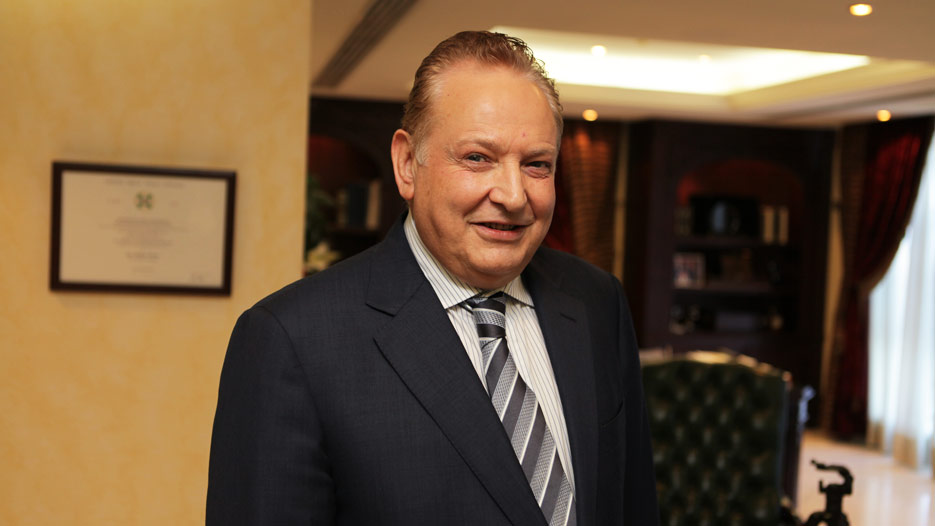
What are the major projects you are involved in right now and what is their progress?
Al Hayat is involved in many large-scale projects in Mecca and Riyadh. We key supplier to many universities. In Mecca, we supply the best quality sanitary ware for many buildings near Mecca Mosque. There are plenty of future & promising projects in Medina and Mecca. Another landmark project is the airport. Al Hayat was awarded the highest classification among the competitors for the best value for price and quality. We believe that these projects require best value for price and quality type of vendor such as Al Hayat Building Materials.
Your company has emerged as one of the top 5 building material distributors in the country. How did you achieve this position? And how do you intend to maintain it?
Step by step. I remember, 35 years ago, this company had 1 employee. Now we have over 430 employees. It’s a step by step process. We started very small. Now we are the leader in sanitary wares, sanitary equipment in Saudi Arabia.
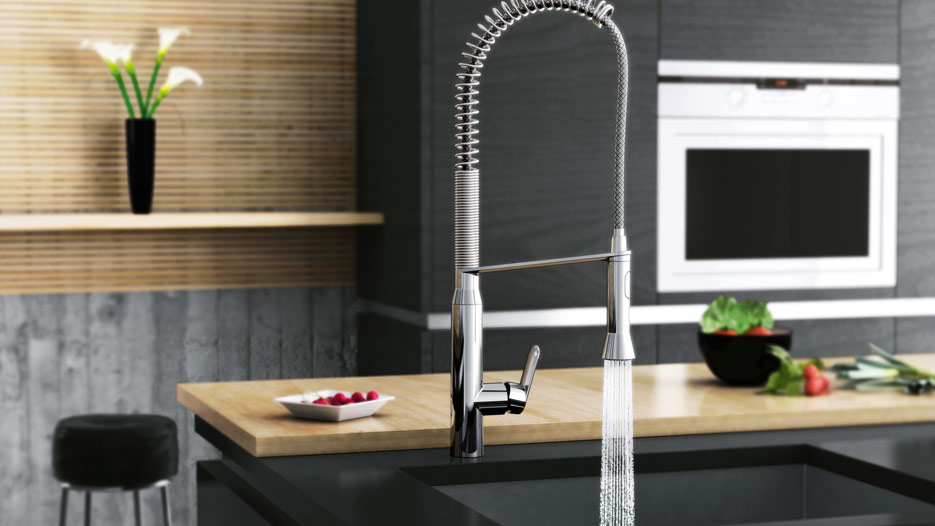
How tough is the competition? And what makes you different from your competitors?
We value organization before anything. The company is very well organized. We have a very good team. No one can walk alone. The employees love this company & the job each one is performing. Everyone is working as if he or she does own this company; the team work is what we believe in. That’s why we can compete with anyone. I believe in our staff and I do believe in human beings before anything else!!
What are your strategic priorities for 2015, 2016 and 2017?
The strategy is to achieve the 2014 figures, despite the drop in oil prices. If the company achieves 2014 figures, I will be delighted.
Do you have any strategic announcement you hope to make about the future, beyond 2017?
I hope for a better situation and I know that the best is yet to come. I think the government has substantial reserves and they won’t stop spending on infrastructure and improving peoples’ lives.
What do you think is the core competency required for a company to succeed in business in Saudi Arabia?
They need to believe in the business and in hard work. This makes a company successful.
What is your long term vision for the company, let’s say, 10 to 20 years?
I’m 64 years old. You give me too much time, 10 years!! But the Business keeps on running and it doesn’t stop. There is always a vision, there is always a future. The company now expanded outside of Saudi Arabia in many areas. I hope to see our ventures outside Saudi Arabia succeed.
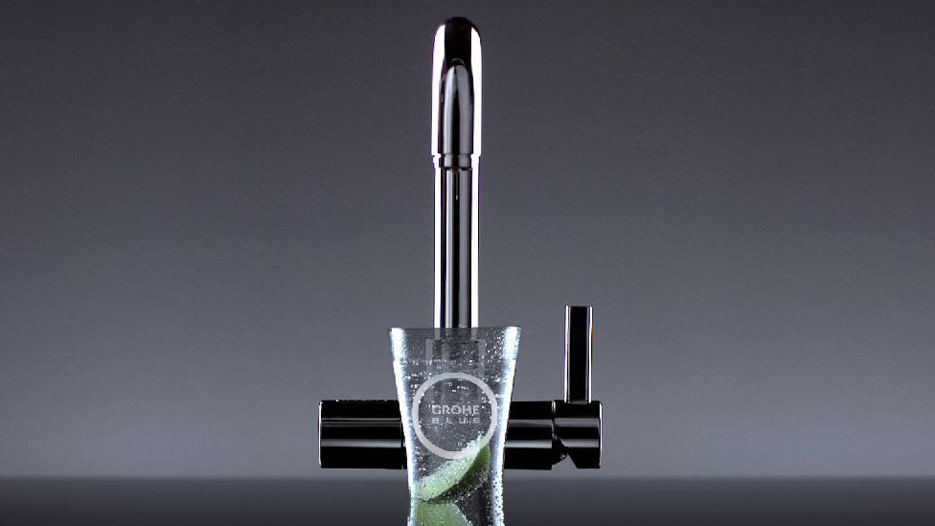
What are the key brands that you bring to the market?
To be successful you have to work with many brands. If you stay glued to one brand, you will fulfill and exceed the clients’ expectations. The more materials, brands and range of products you can provide with, the better you can serve the clients’ needs.
For example, our company has over 15,000 items. I cannot stock just one or two items. To make our clients satisfied, we have to give them many choices. We have very high-end brands and we also have economy scale products. But even our economy products are good quality products.
Quality is very important. Even a very good company like Grohe, they have high-end products and low-cost products. Reduced grade does not mean it is a bad material. If it runs well, you can use it for a really long time. They also have very high end products, nicer models; they are different in every way. Any quality company has such a range of products, economy and high end products. In our company, we sell low-cost, mid-range and high end products.
Talking about the market, what are the market needs and how are you trying to fulfill them?
Each sector has different needs. For example, if a wealthy person is building his own private villa then he needs very high end products. The same person building a commercial building for lease purposes or some kind of investment, he will definitely choose mid-range or cheaper products. That’s why we provide materials for every single range.
The Saudi customer is very demanding. He wants quality and luxury.
Indeed! Though, people are different. You cannot say that all Saudis have the same mentality or taste. Our job is to satisfy all categories and demand, that’s why we are here!
Your company is a leader in sanitary wares. Can you tell us about your market share, positioning and the future outlook?
Al Hayat Building Materials is a leader in the Saudi’s market. Our vision is to be the best sanitary ware supplier in the Saudi Market. As for the strategy, we would like to maintain the existing market share and to keep bringing the latest quality construction materials to Saudi Arabia.
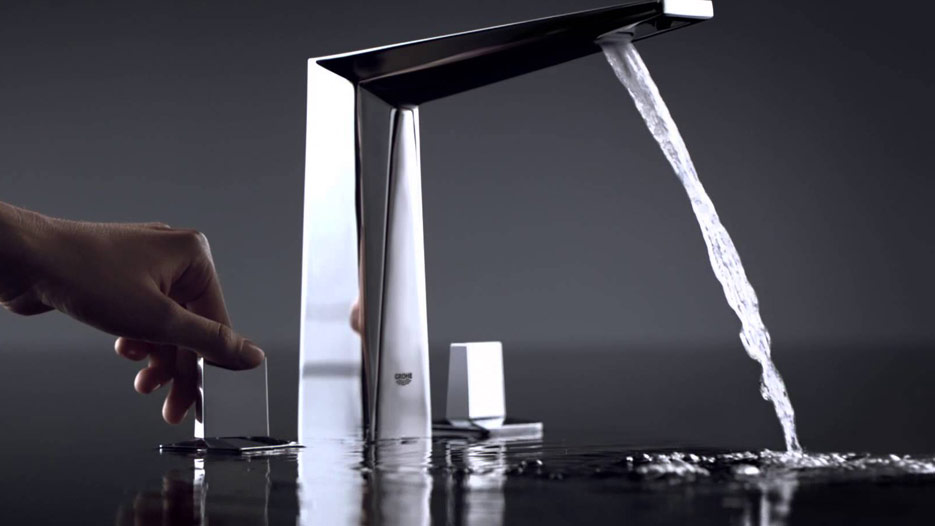
In which other specific sub sectors Al Hayat is a market leader?
We are the leaders in faucet sales in Saudi Arabia; in water heaters as well. We are market leaders in many items of sanitary ware and fittings.
How difficult was it to become the market leader?
Al Hayat Building Materials was established in 1980. In 1987 there was a big recession in Saudi Arabia. Before the recession our results were excellent, but during the recession we faced many problems. As I said earlier, it was a very small company. There was only 1 employee.
This employee was performing as a General Manager, an accounting manager and a tea-boy. He, himself, was doing everything. Now we are approximately 430 employees.
Can you give us a percentage of growth?
We have grown at different percentage rates in different years. Sometimes the growth was 5%, sometimes 15%. Our maximum growth was 20%. Usually, when you reach the top, it’s not easy to grow too much. I remember, when we were starting up, our growth percentages were higher than now.
Now a growth of 5 or 6% makes me very happy. In any new business the initial growth is very fast. But when you reach a top position, it’s not easy to grow in large percentages. We should be happy to be in the top position.
What are the major challenges?
For a business, the most important thing is stability. The major problem now is currency fluctuation. This is causing many of problems. For example, the Euro was SAR 1.38. Now it is SAR 1.17 to a Euro. For a trader, it is better and more relaxed to do business when the currency is stable. But what can we do? We have to face this problem. The Sterling Pound was SAR 1.72, today it is SAR 1.53. It’s a big difference. We buy a lot of materials from England, Germany and Italy. This is causing us some problems.
How do you identify market needs and opportunities as a trader?
We identify market needs by experience. Before you buy or import materials, it is important to know your buyer. To whom will you sell these materials? If you know to whom you are selling, it is easy to buy and import materials. This comes only from experience.
What do you think are the future market needs?
I believe there will always be business in Saudi Arabia. Everything that dies, stays dead, never comes alive again, except for the market. The market can die but it comes alive again. In Saudi Arabia, even if there is no new construction, there will be maintenance of existing structures. All buildings need maintenance. Usually maintenance requires materials at the rate of 2% of the value of a building. If you calculate 2% on all existing buildings, that’s a lot of consumption in Saudi Arabia, even without new construction.
Lastly, what do you think is the future of the kingdom? Are you optimistic about the future of Saudi Arabia?
I have been in Saudi Arabia since 1978. I have always believed in this country. The results have been perfect for me. I believe in a good and bright future for Saudi Arabia.
You have accomplished so much in your life. What are some of the memorable achievements? You have travelled extensively in Europe. Can you mention some of the countries you have visited and your achievements there?
Let me tell you a funny story. I remember my first trip to Italy; I didn’t speak any Italian then. They kept using a word when they spoke on the telephone. They said ‘pronto’. Usually, in England, when you answered the phone you said your name. For example, if I answered a call I’d say “Fawaz Hajjar”. I was making a call to someone in Italy. A lady answered and she said ‘pronto’. I said “Fawaz Hajjar”. We kept repeating the same words. I didn’t understand it. Slowly, I picked up some Italian. I have very successful business dealings in Italy now. In 2013, the Government of Italy honored me with the title of “Cavalier”. It’s a very important nomination. It’s issued by the President of Italy. The Italian Consulate in Saudi Arabia had a big party for me to confer this honor.
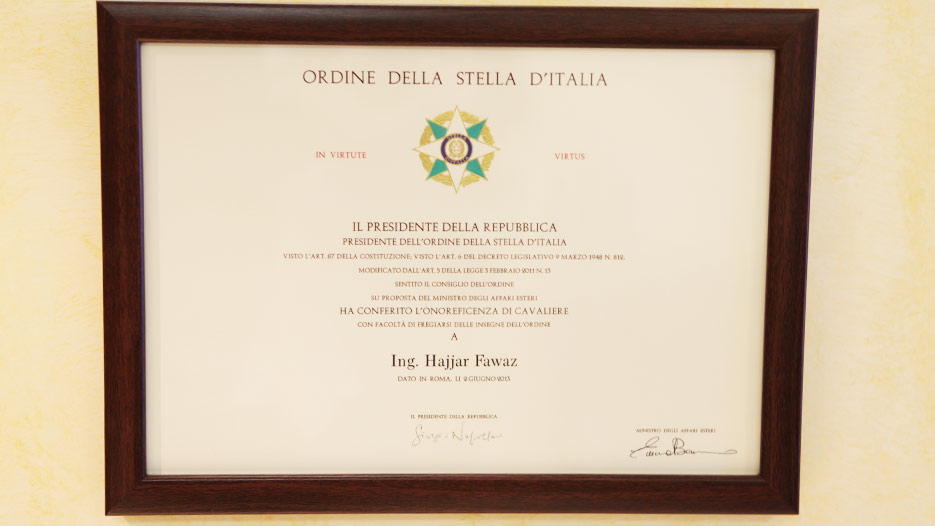
This honor was conferred because of your achievements.
Absolutely; we do remarkable business in Italy; our suppliers are mostly Italian.
Are there any other awards that you have received that you are very proud of?
The company, Al Hayat Building Materials, gets a lot of recognition, each year. We have many achievements in customer satisfaction. In 2013, Grohe named us the number 6 dealer of their products globally. Grohe sells billions of dollars of products annually, and we take pride in being one of their leading dealers and distributors.
What do you consider the key to success in the relationship between suppliers, brands and yourself as a distributor?
Trust is the basis of a successful relationship. To do good business, a supplier must trust you, Vice versa. And thank God, now Al Hayat Building Materials never has to use a Letter of Credit. Our orders are done over the telephone. We have a gentlemen agreement with our old suppliers on terms of payment. All our suppliers give open credit to Al Hayat Building Materials. We have never delayed our payment even by a day, abiding by our gentlemen’s agreement. We are never late; settling each payment on its due date, sometimes before. So if the agreement is 120 days, we should be paid up by the 119th day. This creates a trust between our suppliers and us. When you buy and pay for something, you are using company money. This is strictly followed.